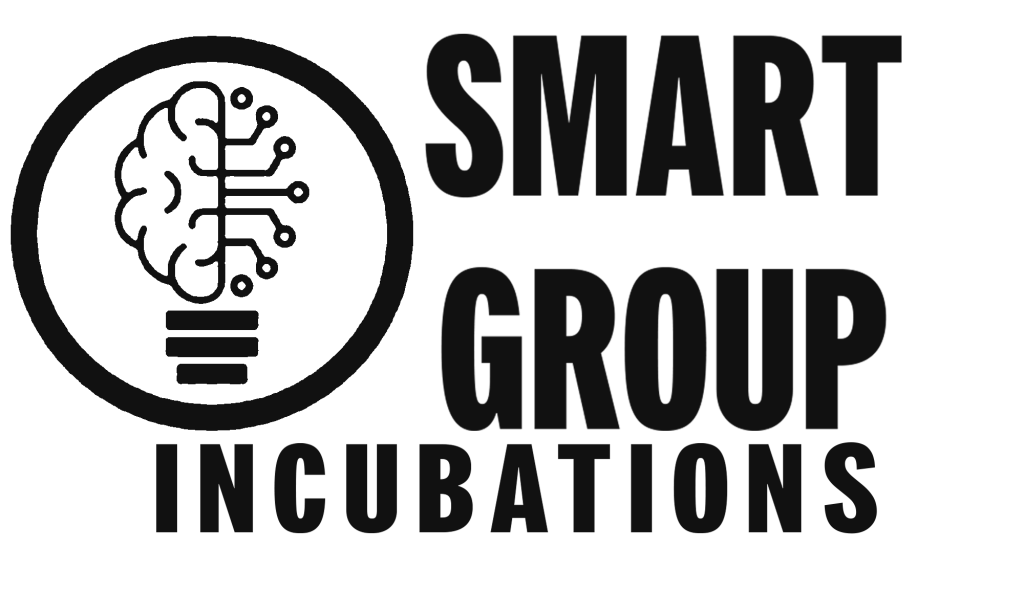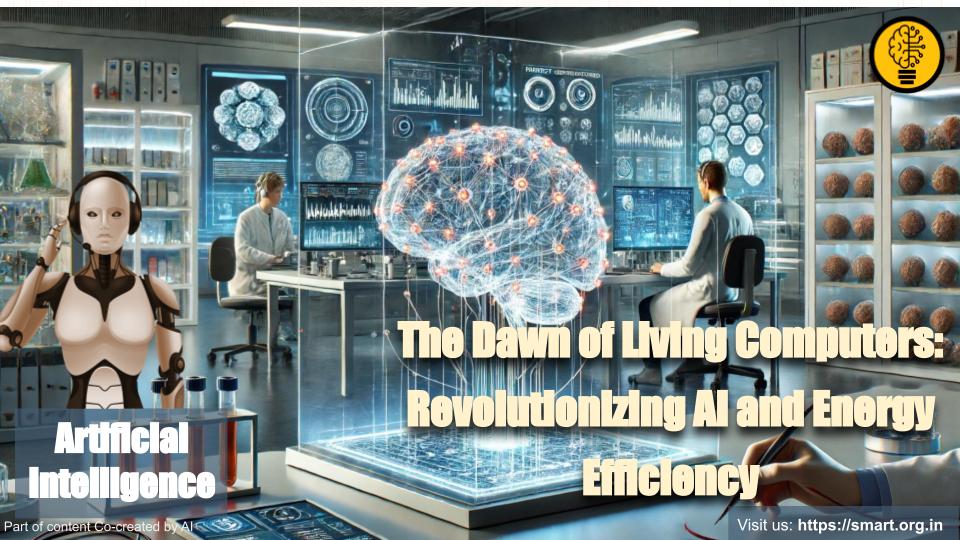In a groundbreaking advancement that merges biology and technology, Swedish scientists have unveiled the world’s first “living computer” composed of human brain tissue. Developed by the innovative startup FinalSparks. This biocomputer harnesses the power of 16 organoid. Tiny clusters of brain cells cultivated in a lab—that communicate with each other much like traditional computer chips. However, these living machines offer a monumental leap in energy efficiency. Using a million times less energy than current digital processors.
The Power of Organoids
Organoids are self-organized, three-dimensional tissue cultures grown from stem cells, designed to mimic the complexity of human organs. In this case, the brain organoids are crafted to replicate neurons, the fundamental units of the brain. Over a month-long cultivation period, these stem cells develop into organoids, each containing about 10,000 neurons and measuring 0.5 mm in diameter.
FinalSparks’ innovative approach involves training these mini-brains using dopamine, a neurotransmitter that rewards correct task performance. By exposing specific areas of the organoid to light, scientists can stimulate the release of dopamine, akin to natural brain processes.
The organoids are equipped with eight electrodes that both stimulate and record neuronal activity, creating a feedback loop that enhances learning and task execution.
Energy Efficiency and Computational Power
One of the most striking features of these living computers is their energy efficiency. When compared to high-performance computers like Hewlett Packard Enterprise’s Frontier, the living computer demonstrates a staggering difference in energy consumption. While Frontier uses 21 megawatts of power, the human brain—and by extension. The organoid-based computer—uses only 10 to 20 watts for comparable computational tasks. This efficiency is crucial as the world grapples with an energy crisis exacerbated by fuel shortages. Supply chain disruptions, and the shift to renewable energy sources.
Maintaining and Growing the Living Computer
The life span of these organoids is about 100 days, significantly shorter than the decades-long lifespan of human neurons. To sustain continuous operation, new organoids are cultivated to replace the dying ones. These organoids are housed in a microfluidic incubator, which provides a stable, nutrient-rich environment and maintains body temperature, ensuring the organoids remain free from bacteria and viruses.
Expanding Research and Applications
FinalSparks has launched an online platform allowing researchers worldwide to conduct remote experiments on these biological neurons. This has already attracted interest from over three dozen universities, eager to explore the potential of this technology. The company’s immediate focus is on revolutionizing cloud computing and reducing the energy consumption of data centers that power AI.
Later this month, the world’s first biocomputing conference in Vienna will feature speakers and attendees from across the globe, highlighting the growing interest and potential of this technology. Dr. Fred Jordan, co-CEO of FinalSparks, notes the surge in interest and investment offers since the publication of their findings.
The Future of Biocomputing
The implications of this technology extend beyond computing efficiency. Understanding and manipulating human brain cells at this level could unlock new insights into neurological diseases and potential treatments. As research into organoid technology progresses, the prospect of creating living computers with even greater capabilities becomes increasingly tangible.
FinalSparks’ “wetware” represents a fusion of hardware and software, where learning physically alters the hardware—neuronal connections—much like in the human brain. This biocomputer not only promises to revolutionize data processing and energy consumption but also paves the way for a deeper understanding of our own biological processes, heralding a new era in both technology and medicine.


In conclusion, we at Smart Group hope this article has provided you with valuable insights and actionable strategies. Smart Group India Incubation provides a nurturing environment for startups, offering comprehensive support and resources to foster growth and innovation. With access to expert mentorship, state-of-the-art infrastructure, and networking opportunities, startups can thrive in their journey from ideation to market launch. Explore our services in DevOps consultancy, IoT solutions, and cybersecurity to leverage cutting-edge technology for your business success. Join us to embark on a transformative journey towards entrepreneurial excellence. For further information and a deeper dive into this topic, we encourage you to explore the following resources. These links offer a wealth of knowledge and expert opinions that can enhance your understanding and assist you in applying these concepts effectively.
Startup Policies Govt. Of India
Startup News Sites
Publications
Research Papers